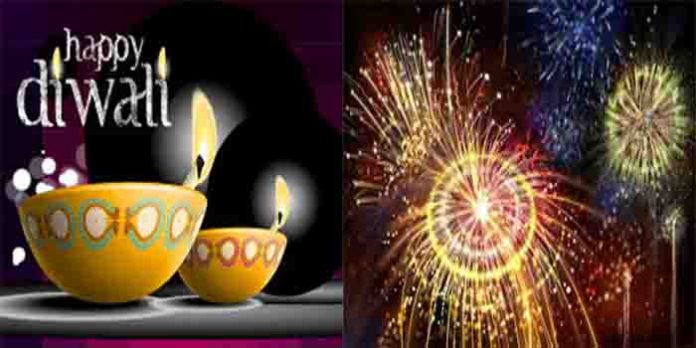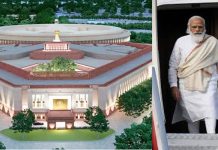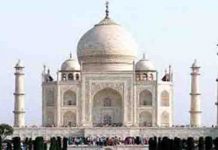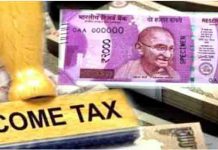Diwali, or Deepavali, is the ‘festival of lights’, one of the biggest festivals in India, will be celebrated on November 14, which is a Saturday. On the day, the Lakshmi puja timings are between 05.28 pm and 07.24 pm. As per the Hindu almanac, the festival of lights falls on the day of Amavasya, or new moon, on the 15th day of month. The significance of the festival Diwali is that they help people to clear their shadows of doubt, cast away their inner negativity, and usher in everything positive. It is also symbolic of the victory of inner good over inner evil. The word Diwali comes from the Sanskrit word deepavali which means ‘rows of lighted lamps’. On the occasion of Diwali, houses, shops and public places are decorated with small lamps called diyas.
According to Hindu mythology, it is believed that many centuries ago, on this day, the Prince of Ayodhya Lord Rama, had returned home with his wife Sita and younger brother Lakshmana after spending 14 years in exile, and upon clashing with — and defeating — the evil forces of the King of Lanka, Ravana. As such, people of Ayodhya had welcomed the trio with great enthusiasm. They had lit lamps and diyas, a tradition that has continued till date. Some celebrate the festival in honour of return of Pandavas after 12 years of vanvas (exile) and a year of anjathavas. Also, as per legend, Diwali is associated with the story of Yama and Nachiketa on the Kartika Amavasya. On Diwali, people clean their houses and offices and decorate them with lights, lamps and candles. They offer prayers, exchange sweets and burst crackers. Children also seek blessings from elders on this day. They also make colourful rangolis. People offer prayers and worship Goddess Lakshmi for prosperity on the day of Diwali. The idols of Goddess Lakshmi and Lord Ganesha are placed on raised platform on a red cloth. Silk clothes and jewellery are offered at the time of puja.






















